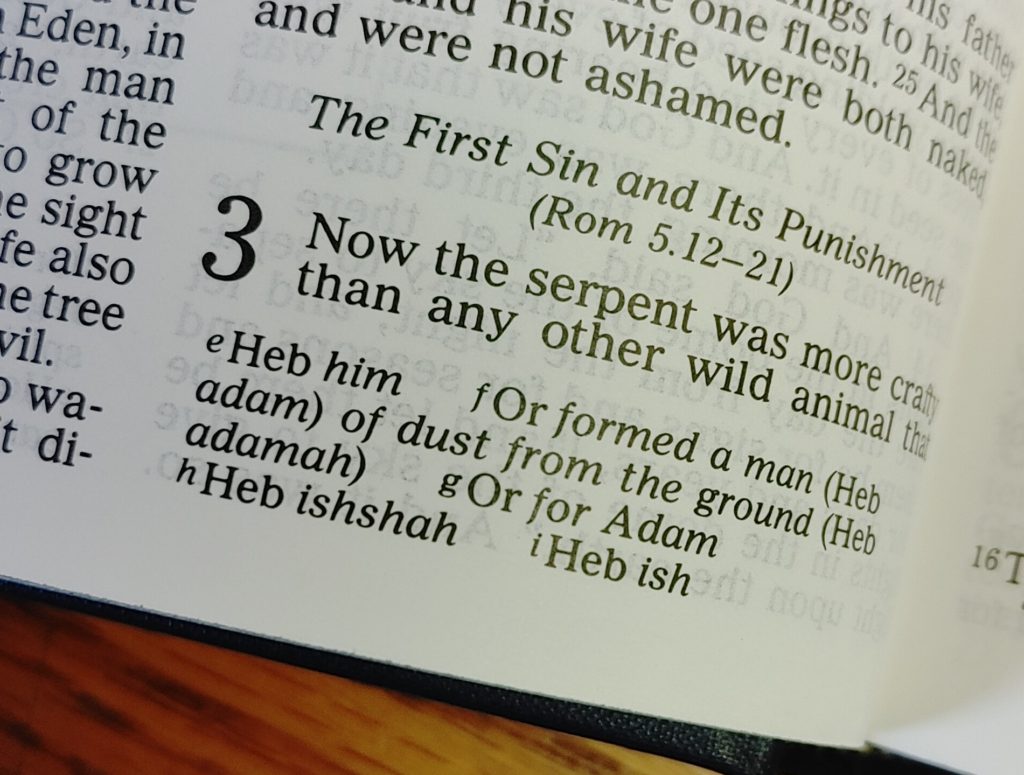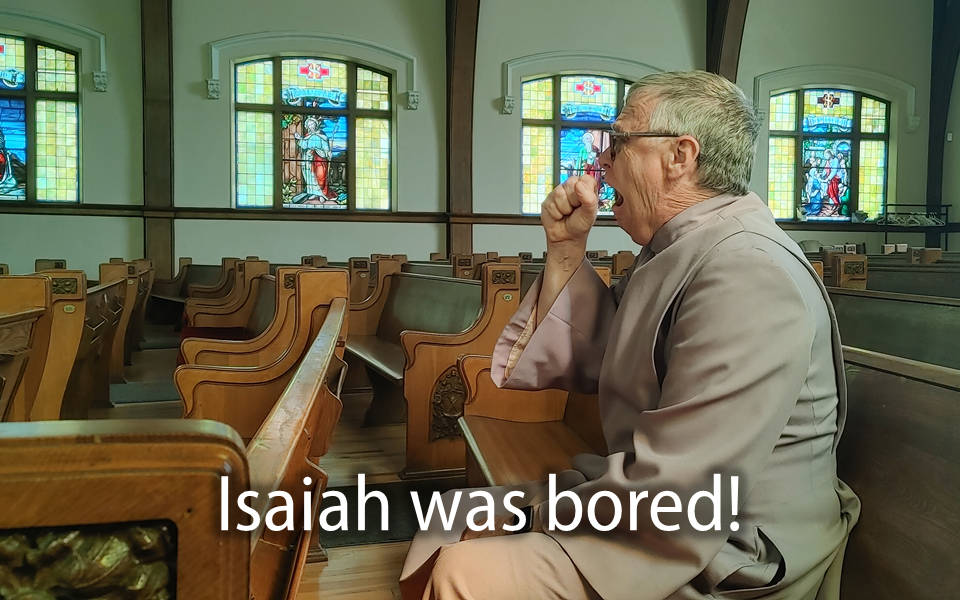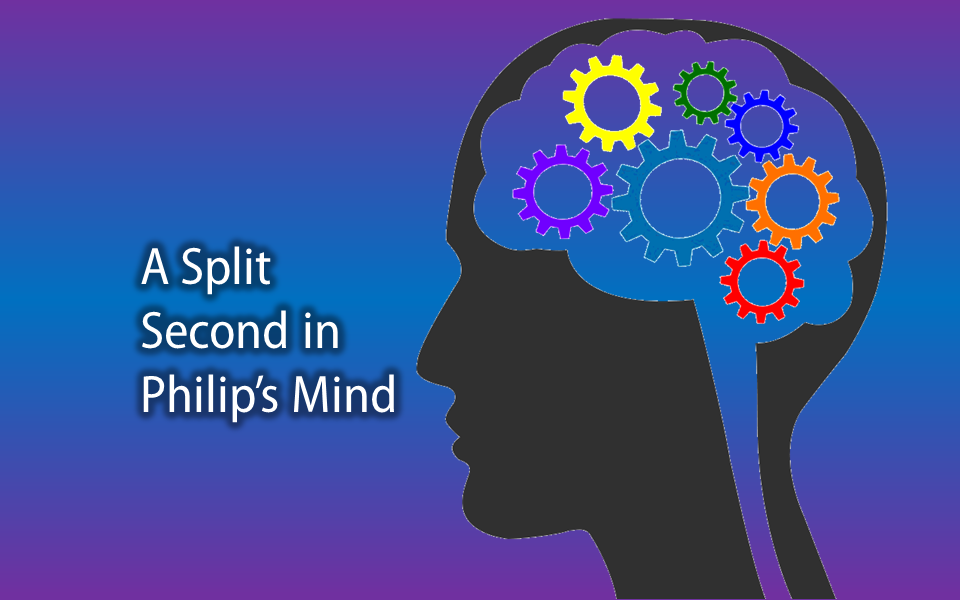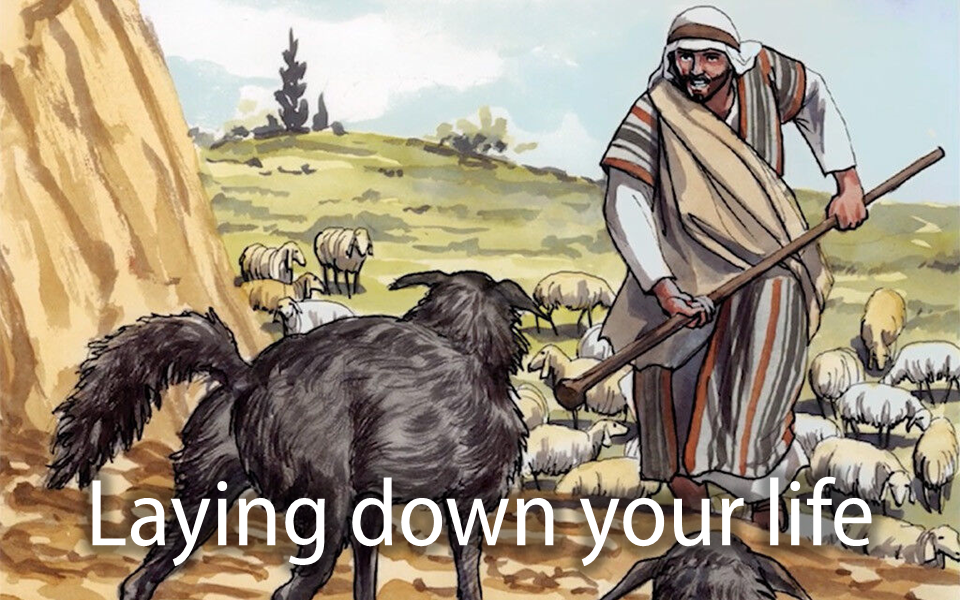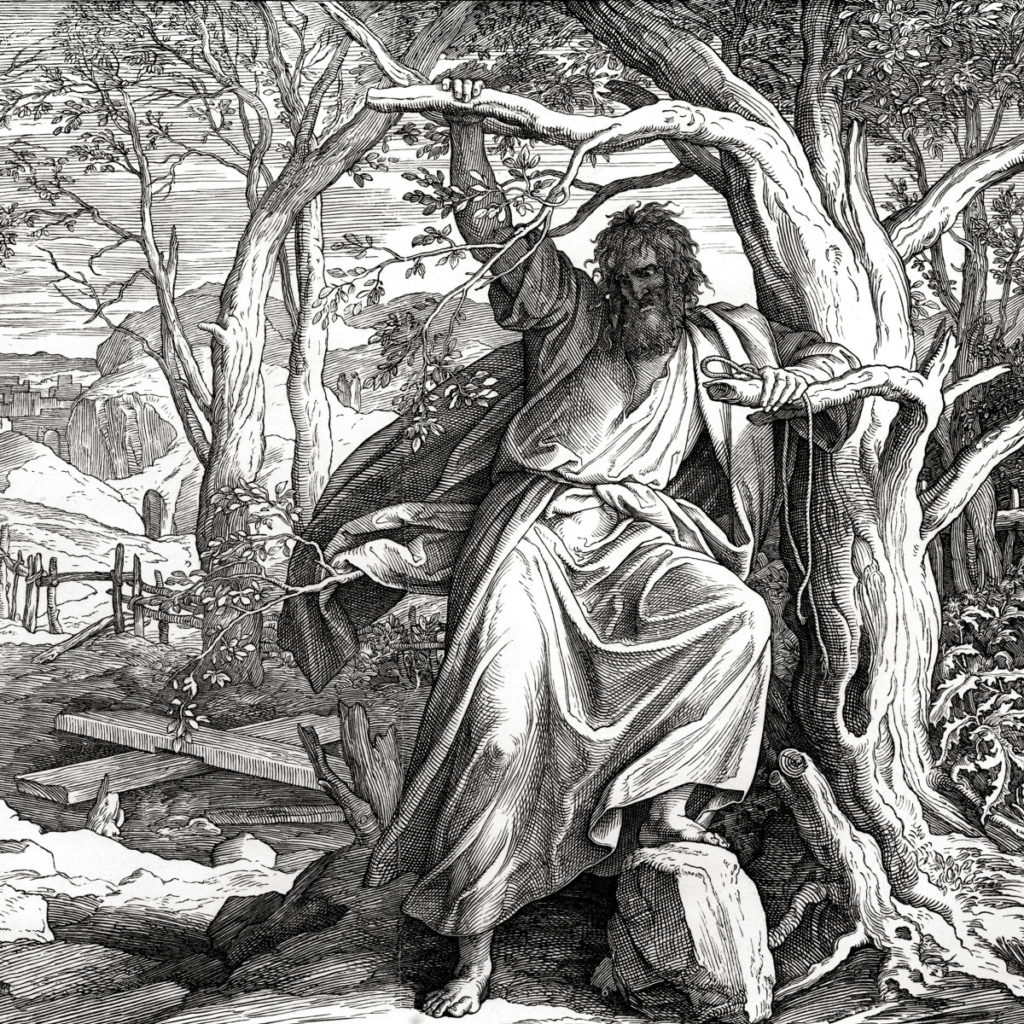Watch the sermon video here:
Hespeler, 20 June 2021 © Scott McAndless – Father’s Day
1 Samuel 17:1-9, 32-40, 48-51, Psalm 9:9-20, 2 Corinthians 6:1-13, Mark 4:35-41 (Click to read)
The story of David and Goliath has become a bit of a cliche. It is used as a metaphor for all kinds of situations – in sports, in politics, on the schoolyard – where you have an underdog going up against an opponent who seems to have all of the advantages. And, indeed, that is exactly what the story is about. But I think it is also a little bit more about that than we usually realize.
People often just look at the picture of the matchup between David and Goliath. They see the huge hulking giant with bulging muscles facing off against a small boy and they recognize, rightly so, that it just doesn’t look like a fair fight. But there is much more to the unfairness of that situation than the two individuals. The two individual opponents may not be evenly matched, but there is even more that is seriously wrong with that picture. They are also clearly not fighting on a level playing field. And I mean that literally.
The Geography
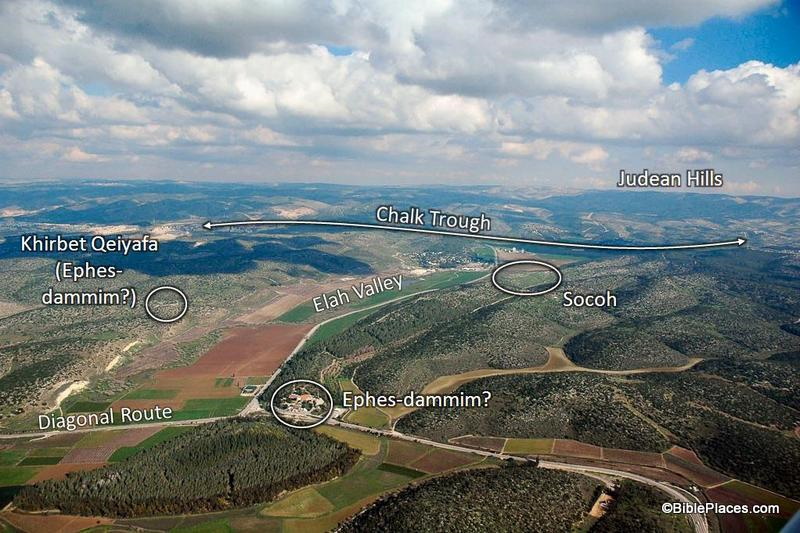
To understand that you need to know just a little bit about the geography of this story. We are told that the Philistines had mustered at a place called Socoh, which archaeologists have identified with a rounded, elongated hilltop in the territory of Judah. This was a very strong natural position just to the south of a deep valley known as the Valley of Elah.
And where were the Israelites? Well, they were in the Valley of Elah. They were in about the worst defensive position you could imagine. In order to attack the Philistines, they would have to run up a steep slope and would have been exhausted before they even got there. In addition, the Philistines were in a position where they could easily throw down rocks and missiles upon the heads of the cringing Israelites. This was anything but a level playing field. There is likely only one reason why the Israelites might have taken a position in the valley and that was because they were terrified of the Philistine chariots which could not get to them there.
The Philistine’s Equipment
But there is another reason why the playing field was not fair: military hardware and technology. Did you notice how Goliath’s armour and arms are described in such detail, almost as if the writer is carried away in his praise of them? He goes on for three verses!
The writer wants you to understand exactly how well the Philistine was equipped. Most of his armour is made of bronze. In fact, he appears to be wearing pounds and pounds of the stuff. Bronze is, of course, an alloy made out of copper and tin. The invention of bronze revolutionized the art of warfare all over the ancient Mediterranean world when it was discovered. Indeed, it was so important that a whole era of history is named after it: the Bronze Age.
Bronze is strong and remarkably durable – it never rusts – but it is a relatively soft metal. Nevertheless, during most of the bronze age, it was considered to be state of the art, the best possible material for making weapons. But here is the thing, this story of David and Goliath is not set during the Bronze Age. Bronze was already being replaced by another metal; people were learning how to make things out of iron. Iron had one huge advantage over bronze, it was extraordinarily hard. It could cut through bronze like a knife through butter.
And did you notice how Goliath’s spear is described? “The shaft of his spear was like a weaver’s beam, and his spear’s head weighed six hundred shekels of iron.” Goliath had a massive iron tipped spear. Think of it as an armour piercing round because he could probably have thrown that thing straight through a man wearing bronze armour.
The Israelite Equipment
So Goliath and the Philistines had the best, latest technology arms. And what did the Israelites have? Well, it seems that they scarcely had any bronze weapons, and they certainly didn’t have any iron. In fact, there is a passage a little bit before this in the Book of Samuel in which it explains that the Philistines maintained a monopoly on iron and much of the metallurgy throughout the entire region. Only Philistines were allowed to smelt or to work with metal. If Israelites needed metal implements to work in their fields – plows and sickles and pruning hooks – they had to go to the Philistines and pay very dearly even just to have them sharpened. As a result, the Bible says, the only people in the entire kingdom at that time who had proper metal weapons were King Saul and his son Jonathan and they likely didn’t have any iron.
That’s what that whole episode where Saul lends David his armour is all about. David puts on the armour and finds that he can hardly move and so decides not to use it. I always thought, when I was growing up, that that was because David was just a boy and too small to wear it. But that’s not the point of that at all. You see, in order to use bronze armaments, a warrior had to train in them, had to learn how to move in them, and if they had no bronze armour, there was no Israelite warrior who had that kind of training.
So that standoff between David and Goliath is just way worse than we all have imagined it was. It really doesn’t matter that David was smaller than Goliath. Any Israelite fighter of any size who had chosen to stand up to the Philistine warrior could have expected the very same fate. With one blow, Goliath could have put that iron spearhead right through the body of any one of them.
A Systemic Disadvantage
You see, we tend to think of the contest between David and Goliath as a contest between two individuals. But Goliath didn’t just enjoy individual advantages. He had a systemic advantage. And that is something we often struggle to understand. We’d like to think that everyone, if they work hard and apply themselves, will be able to succeed. We’d like to think that David, had he just worked hard and applied himself, could have made himself good enough to beat Goliath. But the world doesn’t always work out that way, does it? It doesn’t matter how hard David worked, the system was rigged to make sure that he didn’t have any iron.
Systemic Injustice
There are certainly individuals in our society who have prejudicial attitudes towards others – who live, speak and act as if certain other people are of less value or importance because of their race, gender, sexual orientation or any number of other factors. We might call such people racists or sexist or by other names, all of which are seen as bad, and rightly so, in our society.
But as wrong as such individual attitudes and actions are, as horrified as we may be when an individual runs down a Muslim family in London or attacks a mosque in Quebec, the problem cannot just be reduced to individual racists. If all of the individual racists went away, there would still be a problem. If Goliath simply saw David as his equal, there still would have been a problem. That’s what we mean when we talk about systemic racism and systemic injustice. It means that the whole problem is much bigger than just the sum of its parts.
At the same time, just because there is systemic racism does not mean that everyone in the system is a racist. On the contrary, individuals may set out to do their very best to give everyone a fair and equal shake, but somehow the overall system still finds a way to give advantages to some and disadvantages to others because that is what systems do.
I guess that all I’m saying here is that you ought not to look at the picture of David facing off against Goliath in the simplistic terms of two individuals facing off against each other with their own skills and strength. It is much more complicated than that. But unfortunately, we do not always see that complexity.
God Sees Systemic Injustice
But I’ll tell you one thing that I think this passage and many other passages in the Bible are saying. We may not see all of the complexity that gives certain groups advantages and other groups disadvantages, but God does. God sees all of the disadvantages that David has. God understands that he doesn’t even know how to fight with weapons of iron and bronze because these things have been denied to all of his people. God sees that David is just a boy in comparison to Goliath. And that is why God chooses him as God’s champion. It is not because David is a better man – I suspect that God already knows all of David’s flaws, and they are many. It is because David is a victim of systemic injustice and is open to trusting in God to help him. That is it; that is why God chooses him.
God’s Option for the Systemically Disadvantaged
That is how God operates throughout the scriptures. God did not choose the people of Israel because they were somehow better than other people, but merely because they had a whole system rigged against them as slaves in Egypt and had nothing on their side except a yearning for freedom. And the Jews are not the only ones that God chose for such a reason. In his First Letter to the Corinthians, Paul speaks of the creation of the Christian Church in these terms: “Consider your own call, brothers and sisters: not many of you were wise by human standards, not many were powerful, not many were of noble birth. But God chose what is foolish in the world to shame the wise; God chose what is weak in the world to shame the strong; God chose what is low and despised in the world, things that are not, to reduce to nothing things that are, so that no one might boast in the presence of God.” (1 Corinthians 1: 26-29)
God loves those whom the system has forgotten and consistently disadvantaged. Again and again, if you read through the Psalms you see a God who takes the side of the poor, the widows and the orphans who were, in that world, the people who most often found themselves facing a system that was stacked against them. Indeed, in one of the Psalms, God even criticizes the gods of other nations for the way in which they take the side of the rich and the powerful and tells them that they must instead “Give justice to the weak and the orphan; maintain the right of the lowly and the destitute. Rescue the weak and the needy; deliver them from the hand of the wicked.” (Psalm 82:3,4)
What God Does About it
So there really is no doubt, if you take the Bible seriously, where God’s sympathies lie. But the question becomes, what does God do with those sympathies. I mean, God is all powerful so you might expect God to use all of that power to come down hard on the side of the disadvantaged of this world. But, very clearly, the Bible says that that’s not how God prefers to do it. This is probably because the application of power is actually the root of the problem that causes all of this systemic injustice. To try and solve it through the application of power might make things better in the short term, but it is likely to create new systemic injustice over the long term. And so God seems to prefer to work through less direct means, even though we can often be rather impatient with that.
For one thing, as we see in that Psalm that I quoted from, God does call on those of us who have the power and influence, who already enjoy a certain amount of privilege in society, to do what we can to redress these kinds of problems. But that doesn’t always work, because those who do have power and privilege do not find it very easy to give it up. So God also has another approach.
Five Smooth Stones
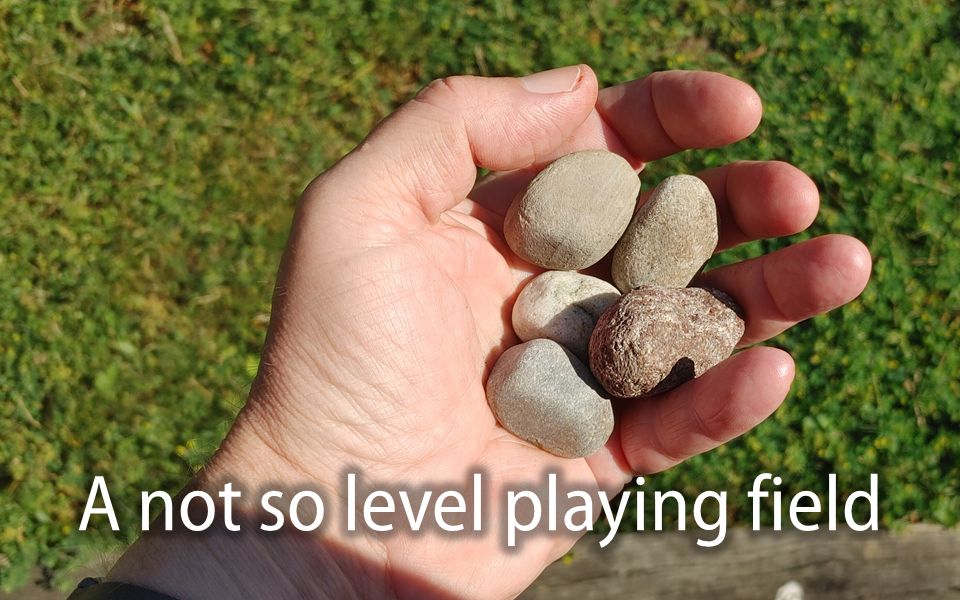
That brings us back to the story of David. He doesn’t have armour. He doesn’t have iron weapons. All that he has is the traditional weapon of a nomadic shepherd. All he has is five small stones and that is not iron age technology, that is not even bronze age technology, that is literally stone age technology. It is not a weapon so much as it is an act of desperation, but David uses it in an act of trust in God and God uses this small thing to change the whole narrative.
That is how God likes to act in this world. God likes to take our small acts – our little stones – that are used in faith to change the story. God particularly likes to use the faith of the powerless, like David. Small things – a cell phone video of a police officer with his knee crushing a man’s throat, a small news release about the discovery of the remains of 215 children, the leak of the tax returns of a few of the world’s wealthiest people – these are just small stones, but they can change everything. So consider, are there any small stones that you can deploy in this world to challenge the way the system is set up? God would love to use you to do that very thing.

